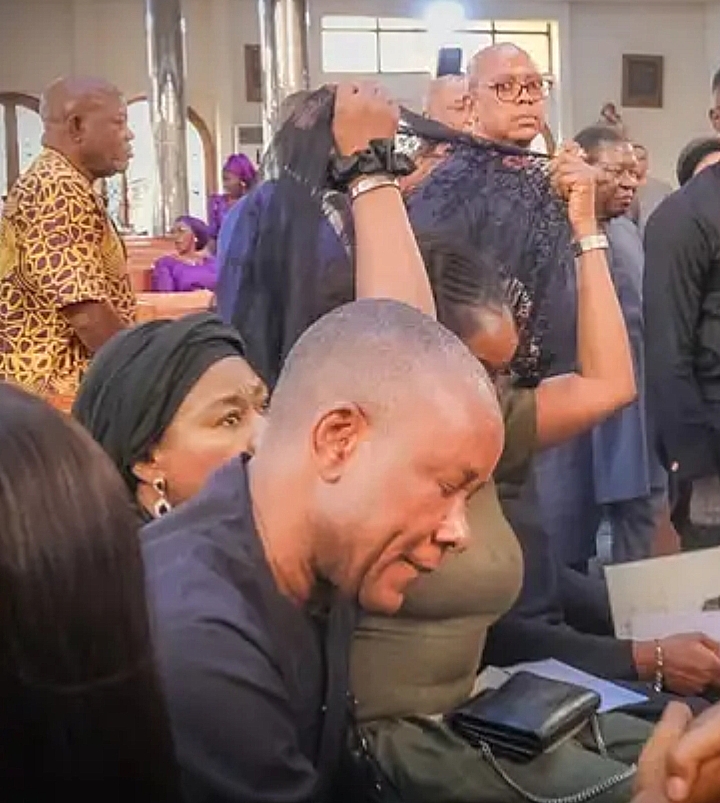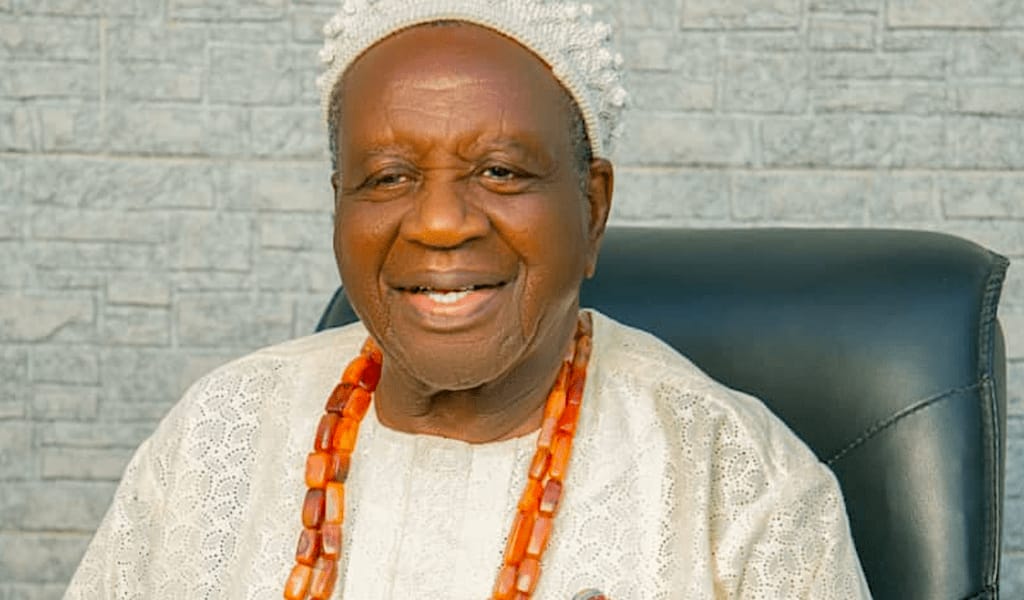
The authors write with such ingenious cheerfulness, and with such a sure command of language as a lived-in medium, that even when they acknowledge the challenging side of the subject’s story it is with tolerance, and affection. And when they write of the vicissitudes of life, its transcendent visions and inexplicable forces, it’s done with such apparent candour and conviction that we, too, are ready to believe. Goddy Jedy Agba is, paradoxically, a superb realist. Stepping Forward with Uti J. D. Agba, is an autobiography of high order, intended to sustain the reader’s interest, remain true to the historical evidence, and deliver a message, all at the same time.
The plot is structured according to the complex rules of autobiographical writing. Characters are stock figures of the genre, showing little depth and less complexity on those mentioned, even when involved in the most intricate set of relationship. Yet there is a high degree of authenticity about the narrative, the result of an extensive and introspective rumination into the historical setting. The book reveals Goddy Jedy Agba as a scion of an aristocratic family and it hints about his family constantly, out of an intensity of self-consciousness which has no analogue in earlier periods. Many associated factors help to explain the introspective bias of his mind as told by the narrators: the persistence amongst the middle classes of the nonconformist conscience with its emphasis on personal conduct; a kind of romantic subjectivism and the isolation of individuals, ensuant on the the dissolution of societal ties. Out of a need to objectify and gain perspective on the subject’s background, the narrators have turned increasingly to consult history.
The great eighteenth-century historians, Gibbon, Hume, Voltaire, had tended to view preceding epochs as disjunctive or self-contained, relevant to the present only to the extent that they provided theoretical grounds for illustrating the virtues and vices of men. The modern science of history is an outgrowth of German idealistic philosophy in the late eighteenth and nineteenth centuries, as embodied in the teachings, among others, of Herder, Kant, and Hegel. The historical writing which resulted, of which Carlyle is the principal exemplar in England, regarded history as a ceaselessly unfolding continuum , with the past existing in organic relation to the present. The study of origins thus acquired a greatly enhanced importance; for it was now perceived that existing institutions are the product of an age-long process of evolutionary development. ‘Stepping Forward with Uti J. D. Agba’ therefore testifies to the reality that the subject is beginning to unfold. One can then posit that the book circulates Jedy Agba’s epochs of concentration and of expansion.
The foreword to the book is written by no less a personality than Kalu Uka, a distinguished Professor of Theatre/Film Arts Studies, theatre director and poet. Prof. Uka who holidayed in Obudu at the time Jedy was being born, reminisces about growing up in the hilly topography of Obudu in Cross River State and about his personal knowledge of the Uti J. D. Agba family. Segmented into nine (9) unequal parts, the book is written in straightforward, free and racy prose. Wedded into historical conditions, with lush, intricate and concise prose, the authors mix the concrete and abstract with munificent ease. The tendency of the book to be too rich, too sensitive, too warmly nostalgic, is offset by the unrelenting accuracy of its language. Goddy Jedy Agba and Mathias Okoi-Uyouyo have written one of the finest portraits of the politician as biographer that the English language has ever known. It has a sardonic difference from others of the kind.
Part One: Early Years, captures the subject’s birth on August 20, 1958 in Obudu in the Old Ogoja Province and his growing up as son of a teacher- turned politician father and a nurse as mother. Part Two: Surviving the War, circulates, in graphic analysis, the sociocultural and educational impacts of the period of the Nigerian Civil War on his development as a lad growing up in Eastern Nigeria, the theatre of the war. Chapter Three: From Okuku to Zaria, reports the subject’s academic mission from his days at Mary Knoll College, Okuku , Ogoja from where he graduated in 1975, to his days at the Ahmadu Bello University, Zaria, while Part Four: Joining the Service, talks about his joining the public service which is just like a tradition in their family, and his experience there. Part Five: Beyond Serving Ministers, discusses his experience in the Ministry of the Federal Capital Territory, Abuja whereas Part Six: Drawing the Curtains, ruminates on his assumption of duty and various assignments at the Nigerian National Petroleum Corporation (NNPC). Part Seven: Coming Back from the Cold, reflects on his triumphant entry into the murky terrain of politics in Cross River State and his bumpy experience. Part Eight: Aborted Bid, continues with the story of his determination to become governor and how he was stopped while Part Nine: Godilogo Farms, talks about his return to his farm after the tornadoes.
Taken together, the book, Stepping Forward with Uti J. D. Agba, tells the story of a Nigerian journey. The subject’s life tells a great deal about the Nigerian ordeal from the middle decades of the twentieth century to the first two decades of the twenty-first century. The book portrays Jedy Agba (Jnr) as a direct and candid man, often brusque in manner and opinion. He hates circumlocution. He distrusts high-flown or self-serving expression. His deflationary, self-mocking, sometimes grim wit is employed often as a means of relieving tension in the midst of challenges. Some of his remarks, especially in Part Eight, wrenched from his political tempests , will no doubt be subjected to examination by his political opponents. It is a risk that must run its full course. But the serious reader will be able to set Goddy Jedy Agba’s words in the totality of his life. Indeed, he would be content to stand on the record. Like all autobiographies, this is not a fully complete or balanced work. Yet, in examining the book critically, it is painfully obvious to observe that the author deserves much more attention than he is receiving.
Culled from www.http://authorityngr.com














